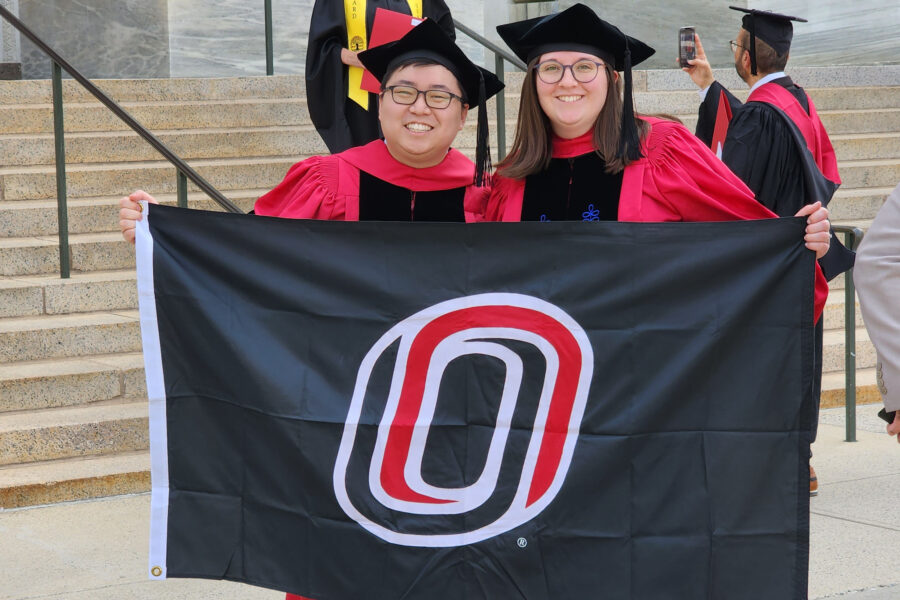Name: Harim Won
Title: Associate, Osage University Partners (OUP)
Year you were an INBRE Scholar: 2016, graduated 2018
Tell me about your work:
I am a biotech venture capital (VC) investor at Osage University Partners (OUP) based in Philadelphia. Drug development is an exceptionally risky business that requires a large amount of capital for success. VC investors accept this high risk by investing in a portfolio of early-stage startups with the goal of finding the few that achieve success (i.e., creating a medicine that helps patients) and generate an exceptional return years later.
In this investor role, I still use my scientific training every day. I often liken VC to journal club, except instead of a hot-off-the-press article, our team evaluates a startup developing cutting-edge technologies into new therapies. On the scientific side, we examine the strengths and weaknesses of the data generated by the company to date, but also spend time thinking about the clinical development plan, the team involved, how FDA regulators would think about their drug, and more.
How did the INBRE program shape you as a scientist/contribute to your success/impact the work you do today?
First and foremost, the INBRE program gave me the opportunity to learn and grow from a network of mentors that each dedicated their efforts to my growth as a scientist. During my summer in the (Ken) Bayles Lab at UNMC, my mentor Dr. Marat Sadykov challenged me to think deeply of the “why” of each experiment. In the following two years in the Davis Lab at UNO, Dr. Paul Davis gave me the guidance and freedom to grow into an independent scientist, ready for a Ph.D. program.
Through INBRE, I was equipped to complete my doctoral training at Harvard, further opening the door for me to complete internships at Vida Ventures and Flagship Pioneering – something that would have been more difficult to do outside of major biotech hubs (e.g., Boston, San Francisco).
INBRE was a catalyst that unequivocally improved my trajectory early in my career, enabling a greater magnitude of impact than if I had worked to develop as scientist later on. I credit the mentorship and access to resources I received through the INBRE program as being key in making the work I do today possible!
